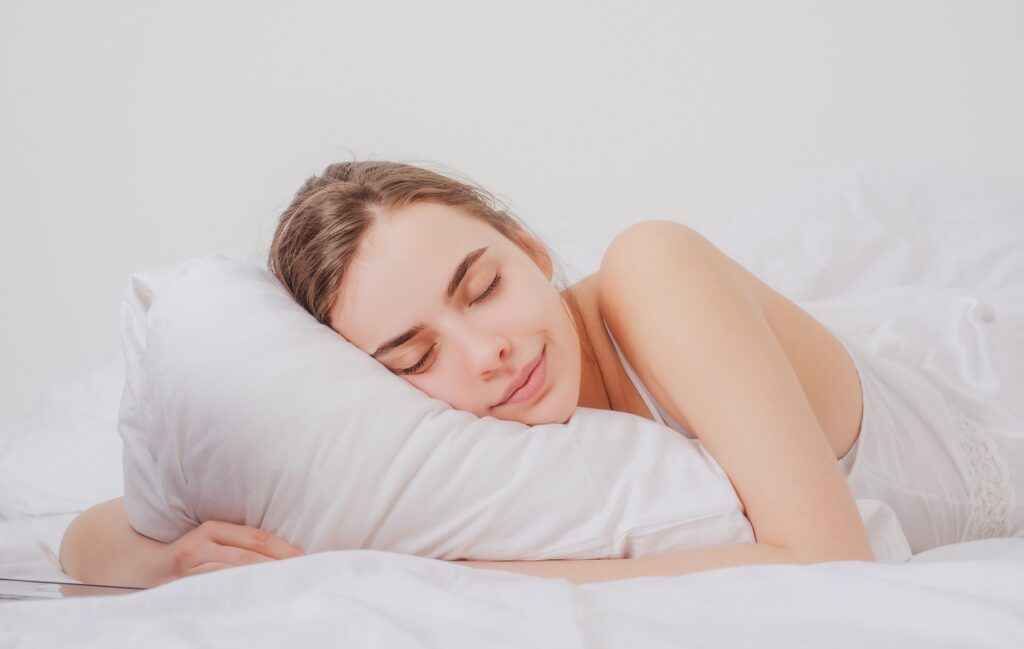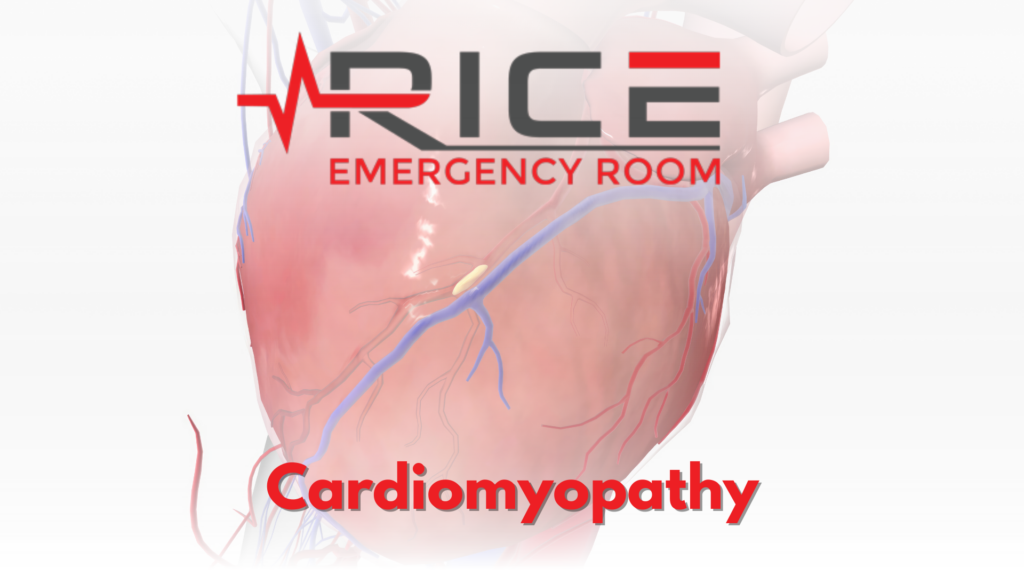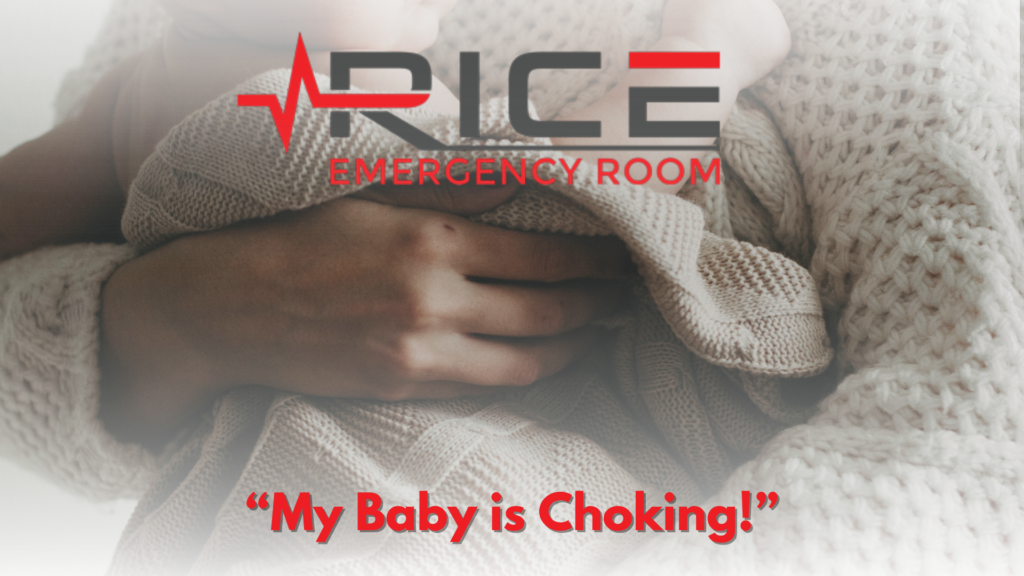The Importance of Sleep and Your Health
Sleep and your health go hand in hand. Did you know that sleep is just as important as diet and exercise when it comes to good health? In fact, if you don’t get enough sleep, it can actually have a negative impact on your health. Sleep deprivation has been linked to a number of chronic diseases, including heart disease, diabetes, and obesity. It’s also been linked to mental health issues such as depression and anxiety. So why is sleep so important for our health? And how much sleep do we need each night? Keep reading to learn more about sleep and your health.
People frequently fail to consider the possible long-term health effects of getting insufficient sleep as well as how time and productivity can ultimately be impacted by health issues. Many of the costs of inadequate sleep are hidden.
Medical disorders like obesity, diabetes, and cardiovascular disease take a long time to develop and are caused by a variety of things like genetics, bad nutrition, and inactivity. These and other health issues have also been related to insufficient sleep, which is a significant risk factor. Experts have come to the conclusion that receiving enough good-quality sleep may be as crucial to health and wellbeing as proper nutrition and exercise, despite the fact that scientists have only recently begun to link insufficient sleep to disease. (Sleep and Health)
How Much Sleep Do We Need?
Most adults require seven or more hours of regular, high-quality sleep per night. Sleeping for the recommended amount of time is not the sole factor. It’s also crucial to get consistent, high-quality sleep so that you wake up feeling rested. Children require more sleep than adults do. Let’s put it into perspective for parents:
- Teenagers must get eight to ten hours of sleep every night.
- Kids in school need between nine and twelve hours of sleep per night.
- Preschoolers require between 10 and 13 hours of sleep every day.
- Toddlers require between 11 and 14 hours of sleep.
- Babies require between 12 and 16 hours of sleep.
- Newborns require between 14 and 17 hours of sleep per day.
A good night’s sleep has lots of advantages. It can assist you many ways. You become sick less often, helps maintain a healthy weight, reduces your likelihood of developing significant health issues including diabetes and heart disease. It helps you become less stressed and happier, improves your ability to think clearly, perform better at work and school, and get along with others. It also helps you make wise decisions to prevent injury; for instance, tired driving results in hundreds of car accidents annually. (MyHealthFinder)
When to Seek Help for Insomnia
There can be many reasons for insomnia. Consult a doctor when insomnia symptoms persist for more than four weeks or when lack of sleep affects your daytime activities and daily functioning. You can also be unable to fall asleep because of pain. Don’t ignore serious pain – it can be a symptoms of something more serious. If someone has informed you that you snore excessively and/or occasionally stop breathing you could have sleep apnea which is a life-threatening condition. If you go to sleep or when you get up from sleep, you experience breathing problems, seek emergency medical care. (WebMD)
Good Sleep is Critical to Good Health
Sleep and your health is very important so getting enough sleep is essential for your physical and mental health. Regular exercise and healthy eating habits can help improve your sleep quality, as well as limiting distractions before bedtime. Make sure to create a healthy sleep routine that works best for you and stick to it – your body will thank you! Making sure that you get enough sleep each night is the first step in feeling healthier and happier overall.
The Rice Emergency Room in Houston, Texas is open around the clock, seven days a week, and has a small patient load and a compassionate staff. Whether it’s an adult or a child, our team of highly trained doctors and nurses is ready for you 24/7 to handle any emergency.
Works Cited
“Get Enough Sleep.” Get Enough Sleep – MyHealthfinder, health.gov/myhealthfinder/healthy-living/mental-health-and-relationships/get-enough-sleep.
“Sleep and Health.” Sleep and Health | Need Sleep, healthysleep.med.harvard.edu/need-sleep/whats-in-it-for-you/health. “Insomnia: When to Seek Medical Care.” WebMD, WebMD, www.webmd.com/sleep-disorders/insomnia-when-seek-medical-care





